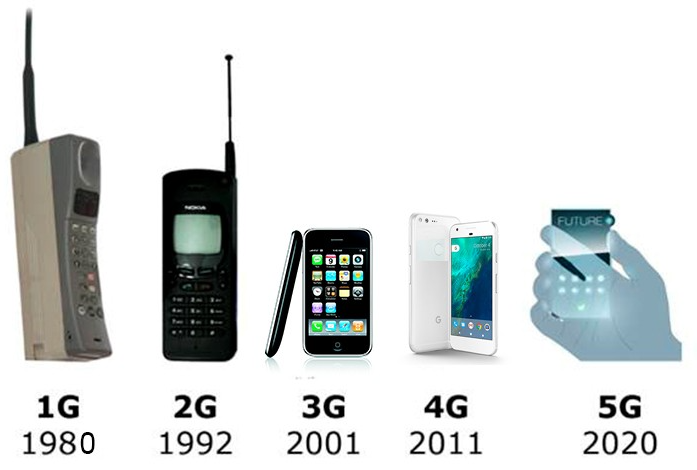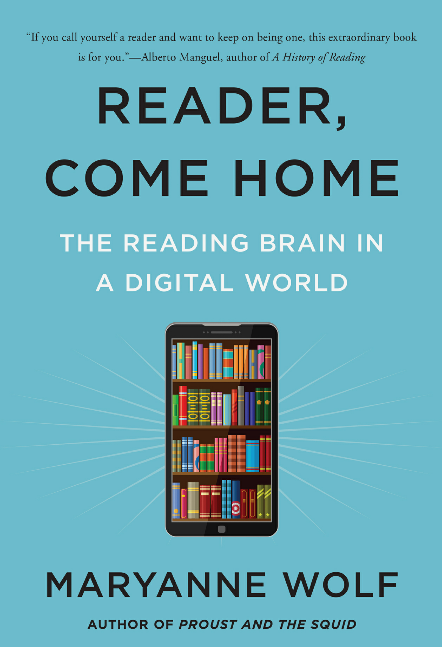A summary with frequently shared links

If I browse through all the topics that have dominated throughout the last years, i.e. topics that come up again and again, everything around digitalization definitely qualifies. The range is wide: from the internet in general, to smartphone related topics, and – the newest since ChatGPT abruptly entered the market – A.I.
Promise of ChatGPT – The New York Times
Transforming Society ~ ChatGPT: The world’s largest bullshit machine
Towards the end of 2025, more and more articles popped up asking if this whole A.I. hype wasn’t a huge bubble about to burst:
The A.I. Boom Has Found Another Gear. Why Can’t People Shake Their Worries? – The New York Times
What concerns are there about an AI bubble? : NPR
Compare the sources above with
The Tech That Will Invade Our Lives in 2026 – The New York Times
*
Another widely discussed and researched topic concerns the effects digital devices and media have on children and adolescents. A variety of sources deal with rising concerns of how smartphone use – especially extensive time spent on social media – is harming children and teenagers.
Update 2026 February
Instagram and YouTube owners built ‘addiction machines’, trial told
Smartphones and Kids: Massive Evidence of Harm
Jonathan Haidt Brings New Evidence to the Battle Against Social Media – The New York Times
Why handwriting still matters in the digital age | National Geographic
The list of questions asked in relation to smartphones is long and does not only concern children and teenagers. It ranges from neurological aspects, e.g. how does excessive smartphone use change our brains, to socio-political issues, e.g. how anonymous agents of all kinds try to manipulate users via the internet for various reasons and interests.
Psychologists ask how digital devices and media influence our psychological and mental well-being, and there are concerns over detrimental impacts of digital behaviour on relationships, not least on the relationships between parents and their infants whose language development depends on spoken interaction that they do not get if Mommy and Daddy are staring at their phone screens.
Many topics are not restricted to young people, though younger people and kids are more likely than adults to spend hours following social media like tic toc and instagram. Manipulation, rising distrust of institutions, cyber bullying and cyber crime can effect all users.
Changes in our ability to concentrate, changed reading habits, increased cases of mental problems like depression, a rise of suicide rates among teenagers and even the increase in bodies being crushed and damaged by immense overweight can all be linked to digital activities.
Screens and adolescents: How phones broke children’s brains
Some countries have decided to ban smartphones from schools in an attempt to protect school kids from their assumed detrimental effects.
This is what happened after New Zealand banned phones in schools
These are most recent sources. However, already around the 2010s, employees of tech companies started realizing the damaging effects technology they helped develop was having.
Some of them were now in their early 30ies, had kids of their own and were observing first hand what the digital devices and little applications developed to keep people hooked to their screens was doing to their own children.
Tristan Harris is one of them. In 2017 he shared his experiences and thoughts in a TED talk:
Tristan Harris: How a handful of tech companies control billions of minds every day | TED Talk
In 2016, computer scientist Cal Newport also gave a TED talk:
Cal Newport: Why you should quit social media | TED Talk
Jaron Lanier, one of the pioneers of early digital technology and a co-founder of Virtual Reality, talks about the early internet, and how its original concept of being free for all had a deeply inbuilt flaw that led to its vast potential for abusive manipulation:
Jaron Lanier: How we need to remake the internet | TED Talk
Jaron Lanier also writes for the New Yorker. In an article published April 2023, he warns about the suggestive influence language can have – a sentiment I share wholeheartedly as a linguist with a great interest in the influence and power of categories and metaphors. There Is No A.I. | The New Yorker
Here an exerpt:
As a computer scientist, I don’t like the term “A.I.” In fact, I think it’s misleading—maybe even a little dangerous. Everybody’s already using the term, and it might seem a little late in the day to be arguing about it. But we’re at the beginning of a new technological era—and the easiest way to mismanage a technology is to misunderstand it.
The term “artificial intelligence” has a long history—it was coined in the nineteen-fifties, in the early days of computers. More recently, computer scientists have grown up on movies like “The Terminator” and “The Matrix,” and on characters like Commander Data, from “Star Trek: The Next Generation.” These cultural touchstones have become an almost religious mythology in tech culture. It’s only natural that computer scientists long to create A.I. and realize a long-held dream.
More on this topic in my separate post with a comment on the New York Times article above (Promise of Chat GPT…) Don’t call it intelligent – the suggestive influence of metaphorical concepts | Pat’s Language Cabinet
More by and with Jaron Lanier
Watch Jaron Lanier Looks into AI’s Future – Bloomberg
The dangerous fantasies driving the quest for super-intelligent AI (you need a subscription to nature.com for this link)
More AI related sources:
How will AI change the world? 5 deep dives into the technology’s future : NPR
*
We often speak about our reading habits: what we read, what we read in the past, if our parents read to us and if they still do, have our reading habits changed and if yes how.
A book I recommend in this context is

*
Below an article I read with classes in the past, before everything went online. It turned out to be quite prescient….
(to be continued…)
